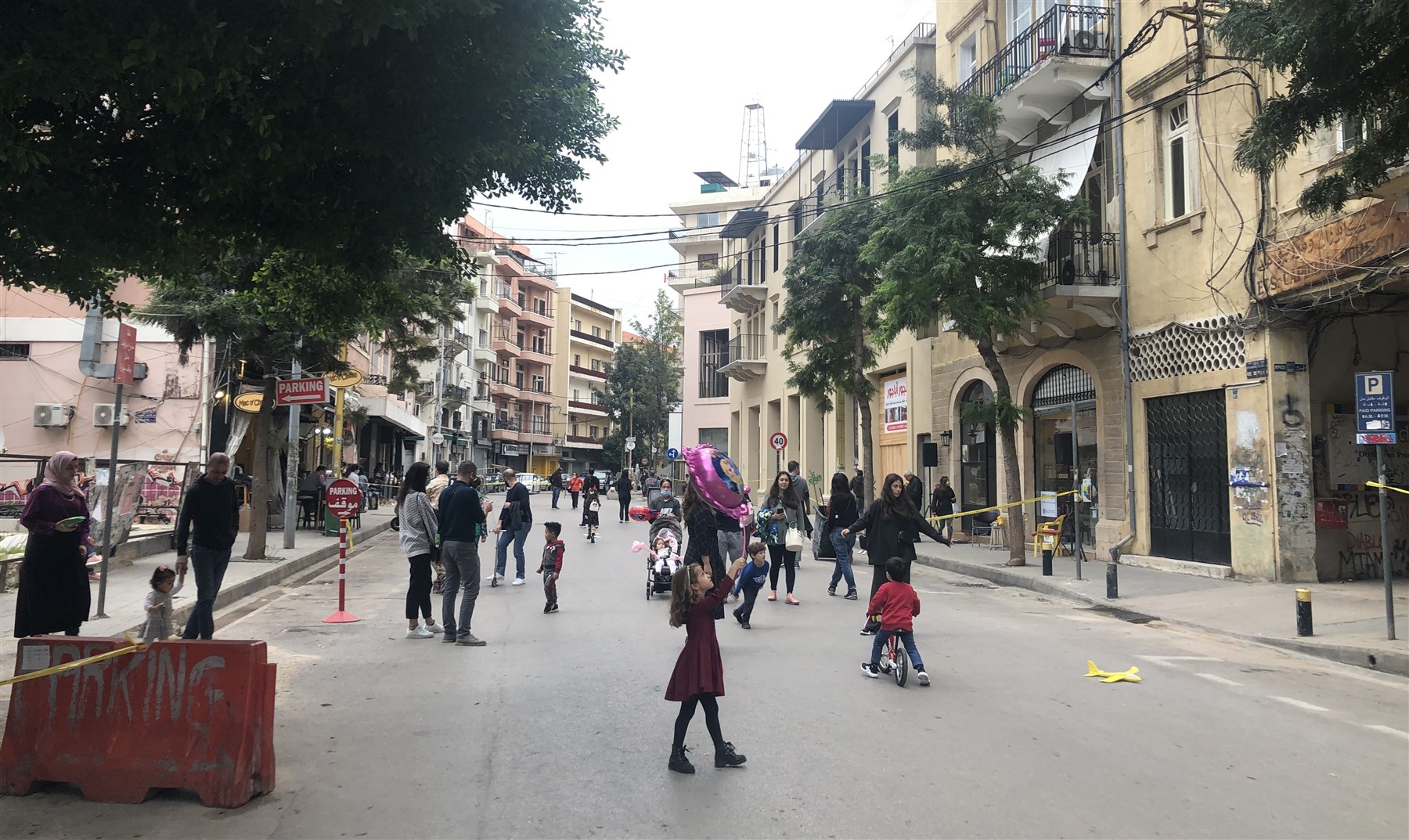Beirut’s Post-Blast Urban Recovery: A Story of Nonprofits, Aid, and a Dysfunctional State

The Beirut Urban Lab (BUL) and The Policy Initiative (TPI) research teams are pleased to share a new storymap examining the role of nonprofits in the urban recovery process in the aftermath of the Beirut Port Blast of August 4, 2020. The storymap showcases how the urban recovery process following the port blast was essentially governed by nonprofits. It argues that, amidst (and despite) a hegemonic, hollowed-out political-sectarian state and interlocking crises, people were still able to cooperate, organize, find resources, build networks, and work collectively, albeit many shortcomings.
Funded by IDRC, The BUL-TPI study on actors and governance of the Beirut Port Blast was articulated along two tracks. The first track explored the Reform, Recovery, and Reconstruction Framework (3RF) established by the consortium formed by the World Bank, UN-agencies, and the EU. The second track mapped the actions and interventions of multiple actors at the neighbourhood scale in the areas affected by the Blast. The storymap synthesizes the findings of the second track.
You can read the storymap here. Please allow some time for the images and videos to load properly.